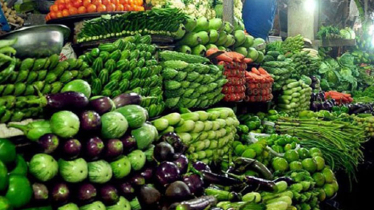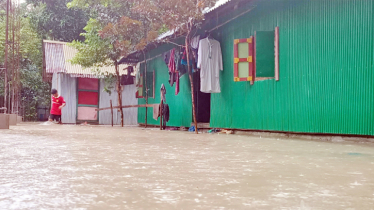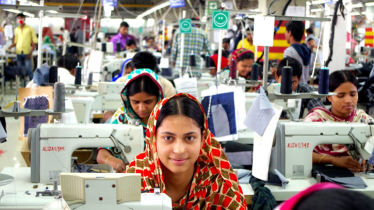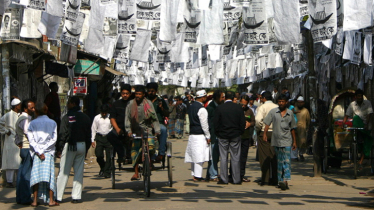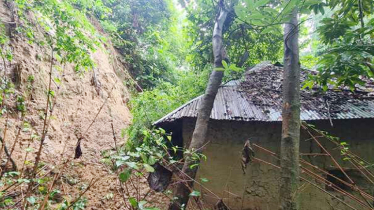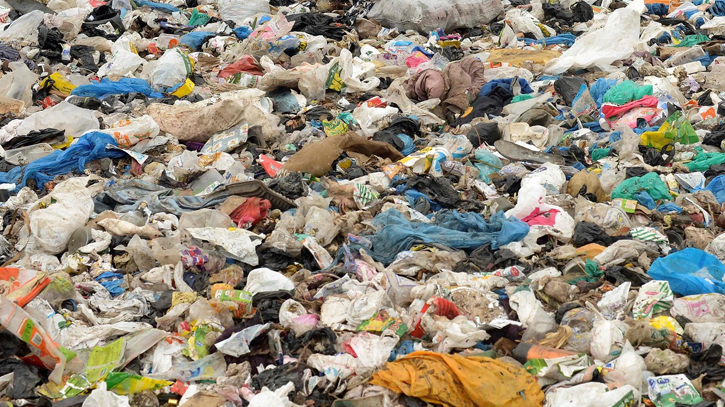
Photo : Collected
In Bangladesh, the production, distribution, marketing, and transportation of polythene bags were officially banned in 2002, around 21 years back, through the Bangladesh Environment Conservation Act of 1995 – thereby recognising its detrimental impact on the environment. According to the law, if a person manufactures the banned polythene material, s/he can be punished with imprisonment for 10 years or a fine of Tk 10 lakh, or with both while a fine of Tk 10,000 along with 6 months’ imprisonment for marketing polythene.
The widespread adoption of non-biodegradable polythene is causing the obstruction of sewage systems within urban areas. Apart from this, various types of fatal diseases are being caused by this harmful polythene.
At present, countries other than India and China are producing biodegradable polyethylene. The Avni Company, located in Bali, Indonesia, is a manufacturer of biodegradable polythene bags. Over a hundred nations, including Africa, Uganda, Europe, Australia, Germany, and North America, have banned conventional plastic polyethylene in favour of its biodegradable counterpart. Some local efforts are also being made to produce decomposable polybags.
A substantial proportion of the population in our neighboring nation India employs jute bags, while our country struggles with the enforcement of anti-polythene laws.
Minister for Forests and Environment Shahab Uddin informed on Thursday that public awareness campaigns persist alongside measures to combat the illegal production, transportation, sale, and stockpiling of polythene shopping bags. However, we do not completely agree with this statement of the government.
In an effort to replace polythene or plastic bags with jute products, Bangladesh has mandated the use of jute bags for storing and transporting 17 different products. Nevertheless, the affordability and easy accessibility of polythene bags have hindered this transition. Given the prolonged prevalence of banned polythene production, an abrupt cessation would require a gradual transition towards alternatives that are harmless to the environment, such as compostable polyethylene.
Hence, it is imperative that existing law against polythene bags be rigorously enforced, and violators should face exemplary punishment to dissuade polythene production. Viable alternatives to polythene include jute bags, cloth bags, paper bags, or string bags. The promotion and availability of these options must be prioritised. Meanwhile, the government must diligently monitor and prevent the illicit production of banned polythene within the country. Widespread campaigns involving public address, posters, leaflets, and public awareness drives are essential to curb polythene usage. The integrity of our existence hinges on preserving the environment, which mandates the immediate cessation of banned polythene production and usage.
TDM/SD

